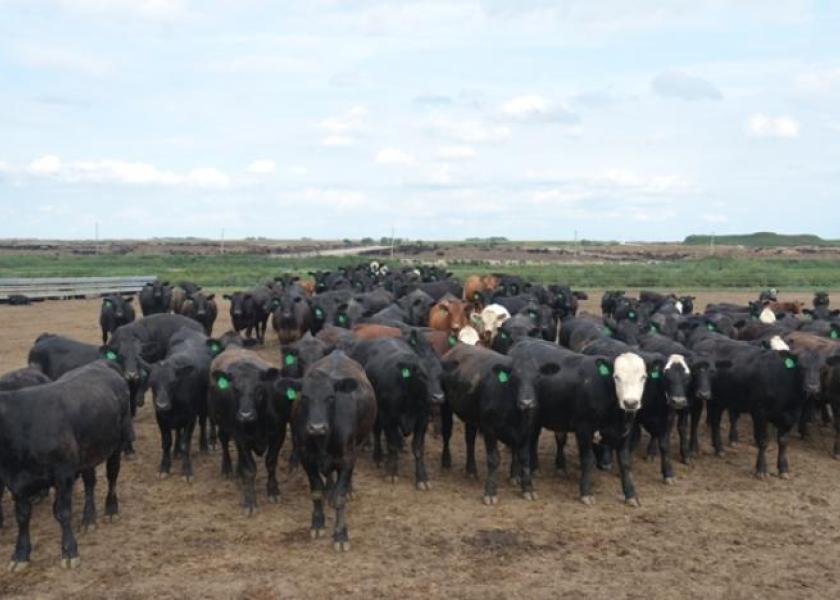USDA to Host Free Webinars on CME Specifications, Carcass Grading and Certification

Beginning Tuesday, November 17, the USDA will host a series of four free webinars with a goal of helping cattle producers, feeders and other in the U.S. fed beef supply chain better understand the reporting, delivery and grading of feeder cattle, live cattle and carcasses, particularly relating to CME live cattle futures, according to an agency release. The webinars will feature speakers from three regional USDA Cattle and Carcass Training Centers (CCTCs), the CME Group, and the USDA’s Agricultural Marketing Service (AMS).
During the four evening sessions the speakers will share knowledge and information that covers topics such as CME live cattle specifications, the biological and physiological factors that influence cattle quality, the fundamentals of “on the hoof” yield and quality grading, the U.S. beef carcass standards, USDA carcass grading process and more, the release says.
“This outreach is part of our continuing effort to work with cattle producers and others to ensure fair and competitive markets for the livestock, meat and poultry industries,” said USDA Under Secretary for Marketing and Regulatory Programs Greg Ibach, in the release. “Participants in this engaging webinar series will gain an understanding of—and greater appreciation for—the interconnected processes that support the production and marketing of high-quality U.S. beef all over the world.”
The CCTs were established by the USDA as directed by the Agriculture Improvement Act of 2018 (Farm Bill) in order to conduct activities that will limit the subjectivity in the application of beef grading standards, provide producers with greater understanding of the value of their cattle and provide investors more confidence in the cattle delivery system, the release says. AMS signed agreements in 2019 to establish CCTs at West Texas A&M University, Colorado State University, and at the USDA’s Agricultural Research Service’s U.S. Meat Animal Research Center.
For more information, and to pre-register for the free webinar, visit the AMS website or click here.







